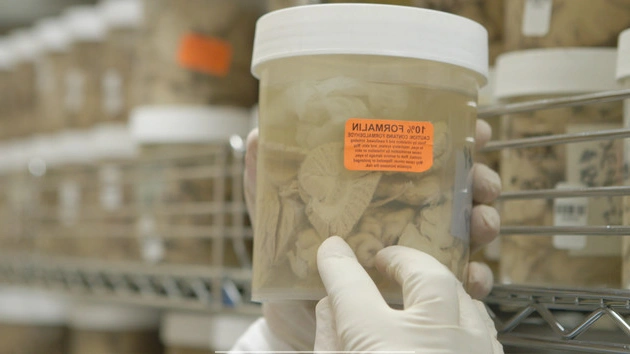
President Donald Trump’s efforts to reduce government contracts have caused upheaval in the scientific community focused on human brains. The push to cut funds has left researchers in a dilemma, impacting brain banks and research on diseases like Parkinson’s and ALS.
Impact on Brain Banks
Two prominent brain banks faced the brunt of the contract uncertainty, leading them to halt new donations temporarily. Despite last-minute extensions, the damage was done, with potential donors turned away and operations disrupted.
Challenges Faced
The abrupt funding changes under the Trump administration highlight the real-world consequences of budget cuts. The uncertainty surrounding contracts not only affects the collection of brain specimens but also hampers research progress and jeopardizes scientific advancements.
“Not knowing when or if the extension would happen was problematic,” remarked a brain bank director, reflecting the chaos caused by the lack of clarity in funding.
Research Implications
The loss of donated brains due to funding uncertainties could have far-reaching effects on various research areas, such as Parkinson’s disease. The interruption in brain donations and research activities underscores the critical need for stable funding in scientific endeavors.
Government Response and Criticisms
As researchers and donors express concerns over the administration’s approach to budget cuts, members of Congress, including both Republicans and Democrats, have voiced their discontent. The lack of stability and transparency in funding decisions has raised questions about the future of crucial research programs.
While temporary extensions provide some relief, the long-term sustainability of these programs remains uncertain. Researchers and institutions are left grappling with the unpredictability of funding reviews and the potential impact on their work.
Conclusion
The challenges faced by brain banks and research programs due to funding uncertainties underscore the need for stability and transparency in government contracting. The impact of such disruptions goes beyond immediate concerns, affecting the progress of vital scientific research and the future of healthcare advancements.











